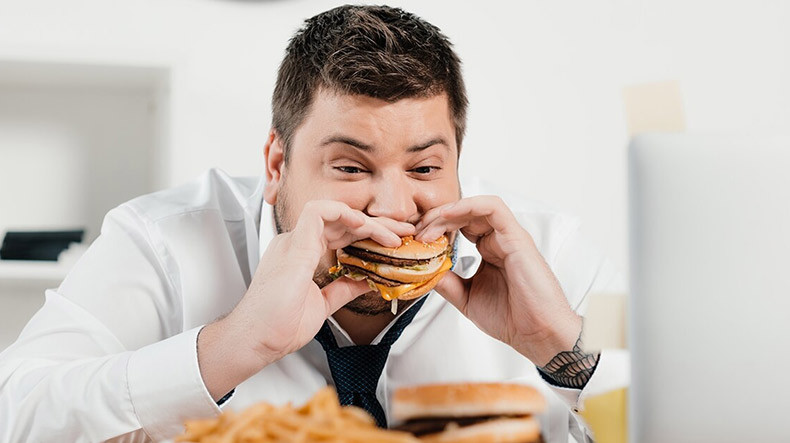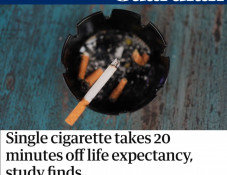
Eating too fast? Here’s what you need to know
The modern world is a fast-paced one, so it is not surprising to see people gobbling down their food too quickly just so they could do more work or other productive things. And it’s not just the kids who scarf down their meals in order for them to go back to playtime as quickly as possible.
However, experts have warned of the negative effects of eating too fast. Not only does this promote overeating, it could also lead to sudden weight gain and even the development of certain metabolic conditions, Medical Daily reports.
A study published in the Journal of the Academy of Nutrition and Dietetics reveals why people should take their time when eating their meals and avoid eating too fast. Apparently, when people eat slowly, they also tend to consume fewer calories. This practice also enables one to eat less because it activates biochemical changes that counter the tendency to overeat.
According to the researchers, when people take time to enjoy their meal, they enjoy certain benefits. For instance, prolonged chewing was found to prevent diabetes and minimize snack intake. Chewing food well also means less nutrients are lost in the digestion process.
They also noted that the longer people chew, the fewer the calories they consume. This is because appetite-regulating hormones would signal the brain to stop eating. Thus, people would feel full fast, reducing the chances of consuming more food per meal.
Mercola reported that eating quickly surprisingly triples the risk of becoming obese. By devouring food at a fast rate, the body’s natural signaling process is affected negatively, and so the feedback system between the brain and the gut does not function efficiently. Once this happens, one becomes prone to eating more than the adequate food his or her body needs per meal.
Many people today chew then swallow their food quickly and unconsciously because of how they are programed to do things fast in this modern world. However, the chewing process is quite important for proper digestion and nutrient absorption.
But how many chews are needed to ensure that we are eating the right way? Surprisingly, most studies report that we should do 40 chews per bite and that’s a lot of chewing. But it would surely be worth it if you want to be healthy.
Newsfeed
Videos






























